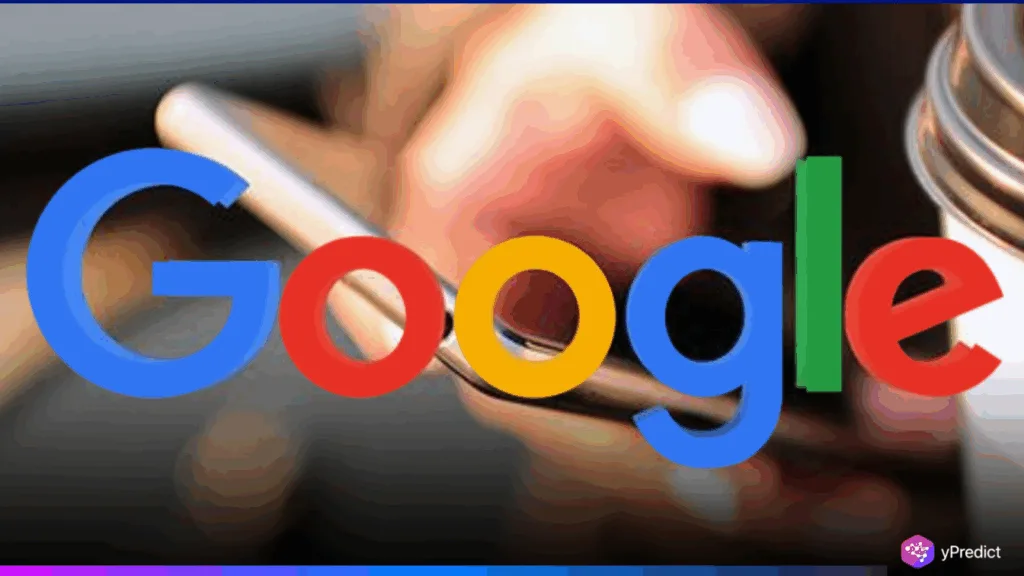
As generative AI reshapes how people search online, Google is integrating ads into its new AI Mode for search. This conversational tool provides rich, AI-generated answers via text, video, and graphs, raising questions about monetization. Ads are now being tested within these AI responses, building on lessons from “Overviews,” the AI summaries launched last year. With over 1.5 billion users now seeing AI Overviews monthly, Google is aiming to future-proof its advertising model while defending market share from ChatGPT, which has added search features of its own. Advertising still fuels more than two-thirds of Google’s revenue, making this transition critical.
Generative AI Poses Monetization Challenge and Opportunity
Google’s dominance in search is under pressure as ChatGPT and other AI tools shift how people find information. Unlike traditional search, AI chatbots have largely avoided ads, raising concerns about monetizing this new user experience. To address this, Google is embedding ads in its AI-generated search responses. While rolling out new AI-powered ad creation tools for merchants. These tools, now live in the U.S., help advertisers generate campaign. Copy and automatically target relevant search traffic, improving ad efficiency. Google also aims to monetize user data more directly. Analysts suggest that AI agents, digital assistants acting on users’ behalf, will require access to personal data, which opens the door for new, paid data services.
Knowing a user’s habits, preferences, and location could be highly valuable for ad targeting. Still, regulatory scrutiny remains a looming risk. With antitrust pressure mounting, especially over its ad business. Google may use AI-driven tools and paid data access to diversify its revenue streams. Analysts argue this shift could create entirely new models for how brands engage consumers. However, clearly labeling paid results inside AI agents’ responses will be vital. As one expert noted, the “$64 million question” is how to distinguish paid promotion from organic AI-generated content without misleading users.
Competitive Landscape Intensifies with ChatGPT and Meta
Google’s latest moves come as OpenAI and Meta ramp up their AI advertising strategies. OpenAI has integrated real-time web search into ChatGPT, posing a threat to Google’s search-based dominance. Meanwhile, Meta has launched similar AI tools for creating ads, signaling a growing arms race for generative AI-driven marketing platforms.
Google’s scale and user data give it an edge. Its integration of AI Overviews across desktop and mobile allows it to deploy new monetization experiments to a massive user base. More than 1.5 billion users now interact with AI-enhanced search features every month. The company’s plan is to make ads helpful, not disruptive, appearing inside Overviews in a contextually relevant way.
AI provides cost-effectiveness and targeting as well. Modifications of the campaign materials, test messages, and conversion optimisation are done automatically by the use of Google data and algorithms, available to the advertisers. This closes this AI and commerce loop and generates new ad supply that will neither degrade user experience nor hinder user satisfaction. Amidst increasing regulation, particularly with safety in mind in terms of privacy and use of data, Google could attempt to rebrand advertising as a service driven by permissible data. Provided it is implemented successfully, the AI model of advertisement presented by Google can be a very robust defensive moat..
AI’s Future Role in Google Ads Hinges on Trust and Transparency
The future of the ad model of Google will be based on the ability to balance personalization and transparency. Ads with AI features assure more precise targeting and interaction; however, users should clearly realize when they are being advertised. Regulators can forcefully step in to impose clarity on the labels of paid results in AI. Without trust, then, adoption may be halted. Google owes its success to the fact that it has been able to sustain the confidence of its users and develop its business model. With the boundary between the search results and ads getting blurred, tech firms and regulators are under pressure to set ethical boundaries.





